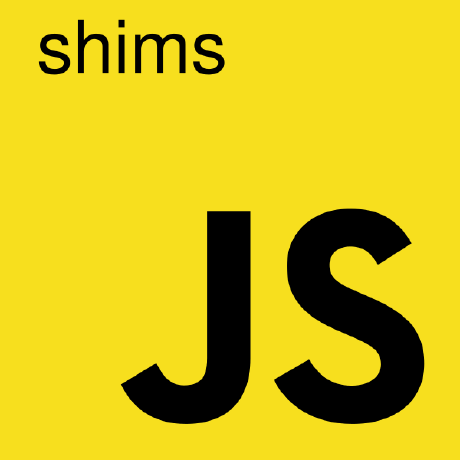
Install
An ES6 spec-compliant RegExp.prototype.flags shim. Invoke its "shim" method to shim RegExp.prototype.flags if it is unavailable.
Note: RegExp#flags requires a true ES5 environment - specifically, one with ES5 getters.
This package implements the es-shim API interface. It works in an ES5-supported environment and complies with the spec.
Most common usage:
var flags = require('regexp.prototype.flags');
assert(flags(/a/) === '');
assert(flags(new RegExp('a') === '');
assert(flags(/a/mig) === 'gim');
assert(flags(new RegExp('a', 'mig')) === 'gim');
if (!RegExp.prototype.flags) {
flags.shim();
}
assert(flags(/a/) === /a/.flags);
assert(flags(new RegExp('a') === new RegExp('a').flags);
assert(flags(/a/mig) === /a/mig.flags);
assert(flags(new RegExp('a', 'mig')) === new RegExp('a', 'mig').flags);
Tests
Simply clone the repo, npm install, and run npm test








